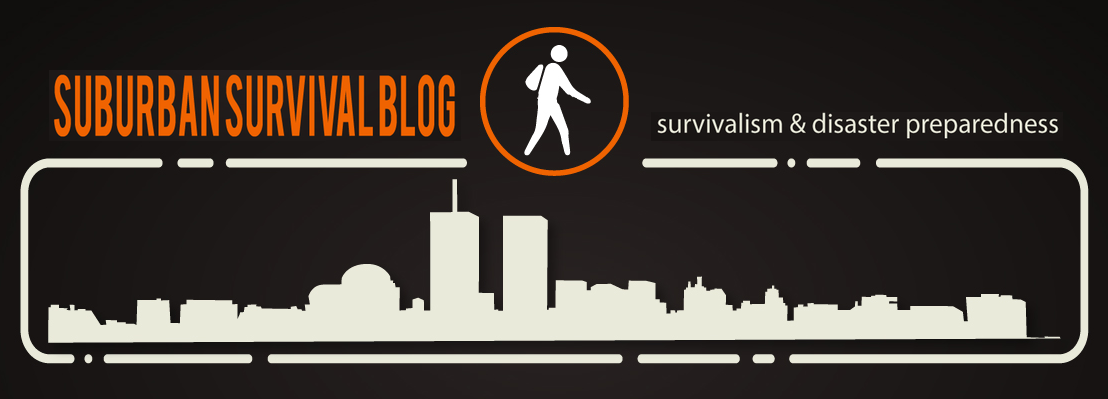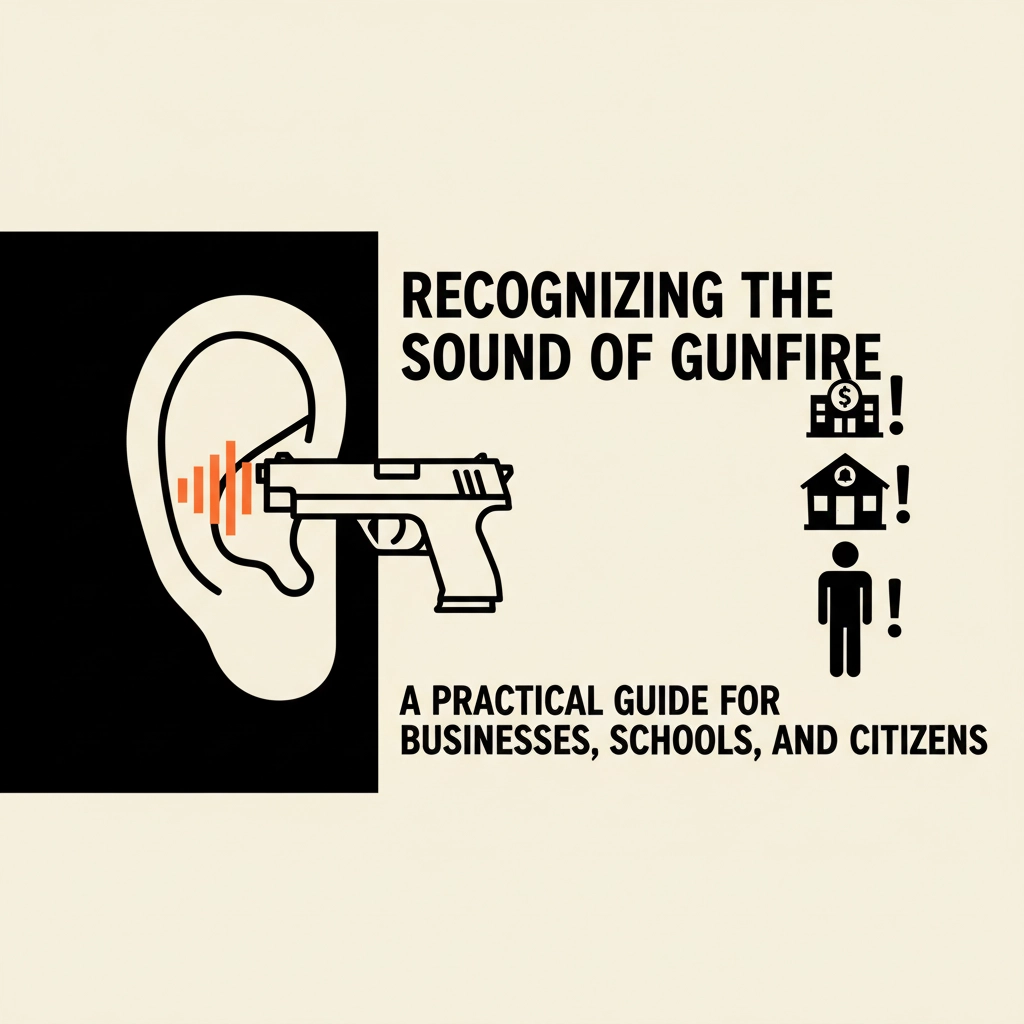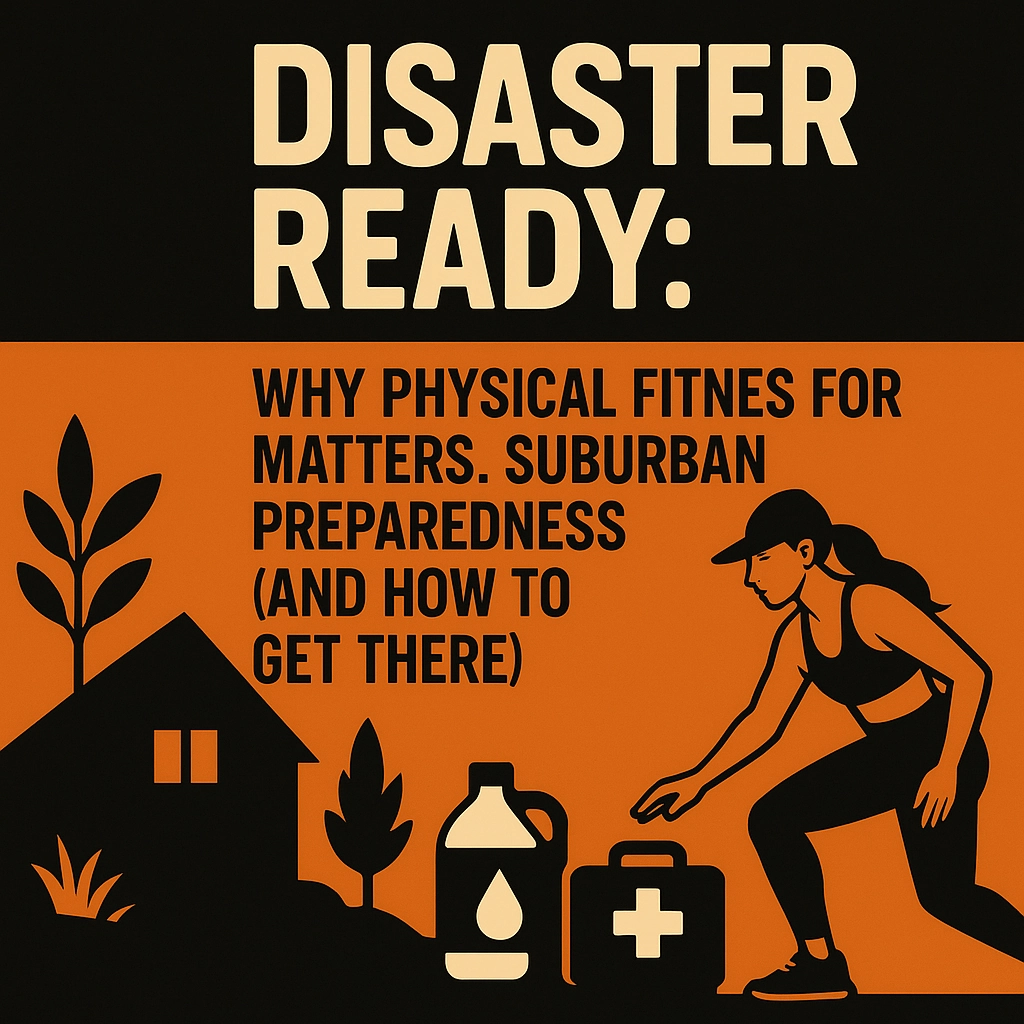 There is an old children’s story about someone who asks “Who will help me make my bread?” No one helps. No one helps plant the wheat, harvest the wheat, mill the wheat, make the dough, or bake it. But at the end when it is asked who will help eat the bread everyone comes running to “help”!
There is an old children’s story about someone who asks “Who will help me make my bread?” No one helps. No one helps plant the wheat, harvest the wheat, mill the wheat, make the dough, or bake it. But at the end when it is asked who will help eat the bread everyone comes running to “help”!
As a parable it’s classic, and true. In every organization there are those that do the ‘grunt’ work needed to keep the group functioning, even advancing, and those who barely lift a finger. I have been involved with clubs and organizations for over 30 years and have seen it in all of them. Everyone says they are gung-ho but when it comes to actually committing the time and energy (and Heaven-for-bid the money) to doing something, their will fades faster than a winter setting sun.
The “Pareto Principle” – also known as the 80/20 rule or “vital few and trivial many”– was first postulated in 1906 by the Italian management consultant Joseph M. Juran. The name “Pareto” is for the Italian engineer, economist and philosopher Vilfredo Paret.
In terms of group efforts and accomplishments, the 80/20 rule says that 80% of the work is done by only 20% of the people in a group. (I have also seen it called the 90/10 rule for the same reasons.) In more direct terms of a survival group this translates to the reality that a true democratic process and division of labor is most likely not going to work, either in the prepping of the group or in the aftermath of an SHTF event. In both cases it is more likely that someone or a small cadre of people will be the lead driving force behind the group. But more than merely set the vision and direction for the group they will do the bulk of the leg work in the group.
There are various suggested techniques for trying to motivate and inspire people to step up and do more. But while that may be PC philosophy for a business or social organization, a survival group is neither. Everyone must carry their weight. This is where carefully choosing who to have in your group is essential. And that will take time to get to know someone. Even if you only include immediate family and very very close friends do so with eyes wide open. Everyone has some negative to their personality and demeanor. And the reality is that if someone in your group isn’t doing their share you need to have some mechanism for approaching them, pointing out where you see them deficient, and if they don’t improve you need some way of removing them from the group.
Keeping people involved and motivated, regardless of what first brought them together, is a challenge. If you live in an area frequented by natural disasters (e.g. floods, hurricanes, tornados, blizzards) the events are usual, perhaps even frequent, and very real. But if your preparations are for the unusual and infrequent events such as an economic calamity it is more ethereal and therefore harder to quantify in the minds of people even if they are preppers.
However, nothing in life is that black&white. Someone who doesn’t seem to be “pull their weight” may not necessarily be as bad as it seems if that person provides some other material gains to the group such as land or access to very cheap supplies or a lot of financing for the group, etc. Or perhaps some very useful knowledge such as a doctor. That isn’t a free pass for the Life of Riley at the expense of others but might be a mitigating circumstance. It’s still an uneasy situation. People will see someone not working (laboring) has hard as they and in the longer run will cause friction in the group.
Nevertheless, be it a sports club or a survival group, the fact remains that someone people do have a greater motivation than others for the goals of the organization. This motivation drives them to put in more effort than others. A 100% pure division of labor isn’t realistic, nor is a 100% democratic structure. The goal is vigilance such that all members of the group put in the bets of their abilities to the ultimate goals of the group.
If/when a disaster happens there can be no free lunches.









Very true ST, you made some excellent points. This principle was also illustrated very well to me by a 2 part program I watched the other day about a primitive living experiment called “I, Caveman.” 10 people, most of whom had very little primitive survival skills and training, tried to live together for a period of time with only paleolithic tools, clothing and shelter. Right away, it became evident that some of them were just laying about expecting others to hunt and gather for them, build shelter and fire, etc. and the narrator mentioned the 80/20 rule. Friction was evident within the first couple of days and eventually led to a couple of people quitting the experiment prematurely even though the rest of the group was eventually able to take an elk with an atlatl and the overall experiment was fairly successful — showing that some modern humans likely have what it takes to survive in a paleolithic setting for a time. It is interesting to note that people on both sides of the 80/20 rule quit because they let it get to them. Patience and long suffering are important to survival, particularly in a group setting. The experiment also showed the ineffectiveness of a democratic leadership system in a survival setting. Someone with vision eventually had to step up and show some leadership skills or they would not have made it. It also illustrated how quickly one of the participants went from one of the best hunters, to walking out of the experiment once his will was broken. Maintaining a positive vision is absolutely essential since your attitudes and behaviors are a function of your vision. Some people have the vision and ability to organize and motivate others by effectively imparting that vision to them. These are the leaders and they are essential for survival as a group.
Any successful organization needs good leadership, competent management and a pre-determined system of accountability with pre-determined consequences specified and applied for both the successful care and the neglect of each person’s individual stewardship. Every person in the organization needs to be committed to achieving the same end results and needs to understand the SOP, leadership structure and accountability system. I agree that similar work ethics and balanced talents and abilities will help to reduce friction, but I think friction is inevitable given tight living quarters, hunger, cold, pain and enough personalities and time … not to mention the added stress of lost loved ones, change of cultural/social/life structure and loss of quality of life. I think that it’s important to have someone acting as a counselor in a large group and that everyone eventually be trained in a shared system of communication and redress of grievances. As you mentioned, careful selection of group members and explanation to the group of the reasoning behind each choice hopefully will plant seeds of mutual respect between group members, but not everyone is going to be able to choose everyone with whom they are interdependent for survival in every circumstance. IMHO, the most important thing is that each one of us be as independent as possible and build our “survival resume” in anticipation of the need for us to be accepted by a group for our mutual benefit. It may also be wise to include some survival skill sets that would be of benefit to a group even in the event that we become injured or disabled if we don’t want to risk ending up being “an 80 percenter” or being expelled from the group ourselves. Final considerations before expelling group members could be how the banishment of a group member could potentially affect morale of friends and family of the banished individual and/or how a banished … and probably bitter … quite possibly resentful or even hateful or vengeful ex-group member would impact the group’s OPSEC. Banishment runs the risk of handing extremely detailed intel over to potential enemies and should not be done lightly or often.